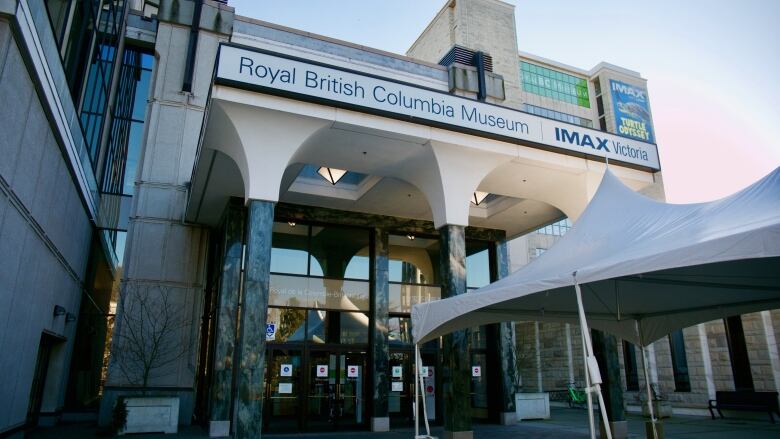Canadian museums asked to return First Nation ancestral remains and burial items
'True, meaningful and lasting reconciliation must include the return of our ancestors'

The B.C. Museums Association is calling on publicly-funded institutions to return ancestral human remains and burial artifacts from their collections to their rightful Indigenous owners.
While the call comes from British Columbia, organizers want to see institutions from across the country sign a call to action to repatriate these itemsand look at repatriation policies, accept the cost associated with that work and create an inventory of ancestors within collections.
"True, meaningful and lasting reconciliation must include the return of our ancestors back to the Nations where they were taken from," said Dan Smith, a former chair of the museum association'sIndigenous advisory committee and a member of the Wei Wai Kum First Nation.
"We must work together to realize this, and in doing so free our children and their children from the sacred obligation we have for finding our ancestors and bringing them home."
This call comes in response to Article 31 of the United Nations Declaration on the Rights of Indigenous People (UNDRIP),which enshrines the right of Indigenous Peoples to control their cultural heritage.
Jordan Coble, the current chair of the B.C. Museum Association'sIndigenous advisory committeeand a member of the Westbank First Nation said that while eventually they'd like to see all items of cultural significance returned to First Nations, he understands there are capacity issues within museums that would make that task difficult.
"It's of highest priority for First Nations people, for Inuit, Metis people, to make sure their ancestors are being respected," he told On the Coast host Gloria Macarenko.
"The byproduct of working toward repatriation is not necessarily just returning ancestral remains it's establishing a better connection to who we are as Canadians, as human beings."
In addition to capacity issues, Coble acknowledged the disconnect between how museums house and preserve artifacts and the protocols and laws that govern Indigenous communities. But the goal, he said, is to foster relationships between Indigenous communities and museums to create a common understanding.
"In some cases, our practices are actually more respectful to our ancestors than how they're being stored in museums today," he said.
In general, Coble said, it isn't acceptable to First Nations communities to put ancestral remains and burial items on displayand the preferred path would be to return those items to the earth. However, each individual community will have the opportunity to make those decisions once their items have been returned.
Having those items back means communities can start to revitalize cultural practices, respect for ancestors, elders and for the land.
Coble described having those important items returned to First Nations communities as "empowering."
"As these items are returned, our sense of belonging and a sense of responsibility and our sense of cultural practices are reignited," Coble said.
"So, instead of saying this is what people used to be and we have this on display in our museum, it's saying this is who these people are today."
Listen to Jordan Coble's interview on CBC's On the Coast here:
With files from On the Coast












_(720p).jpg)


 OFFICIAL HD MUSIC VIDEO.jpg)
.jpg)



























































































